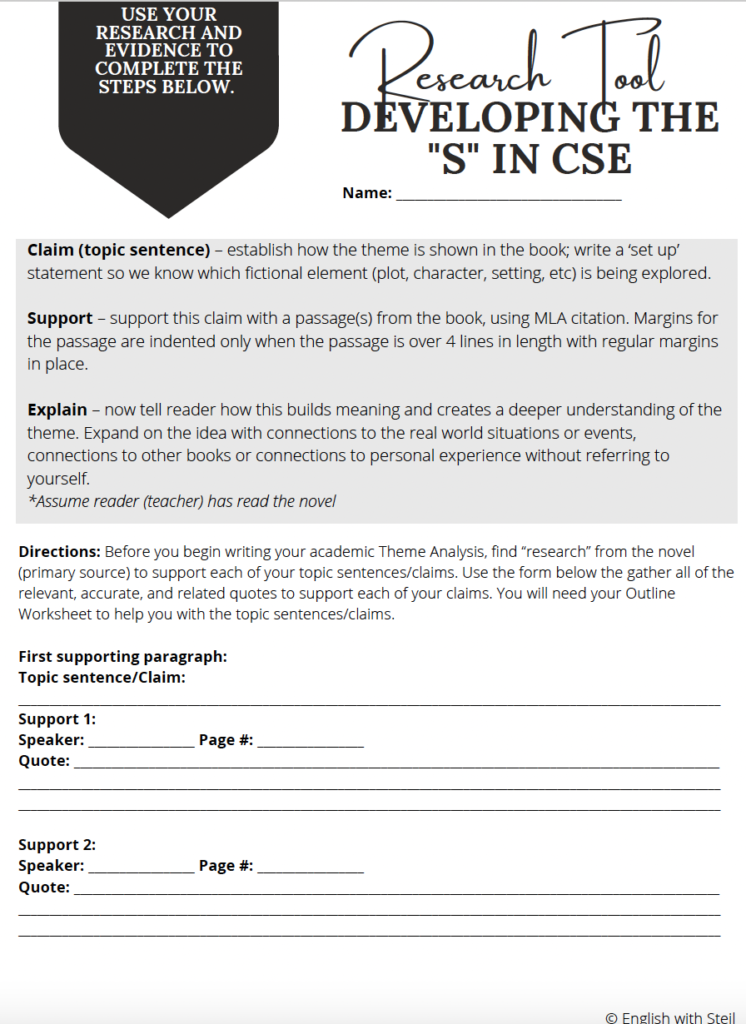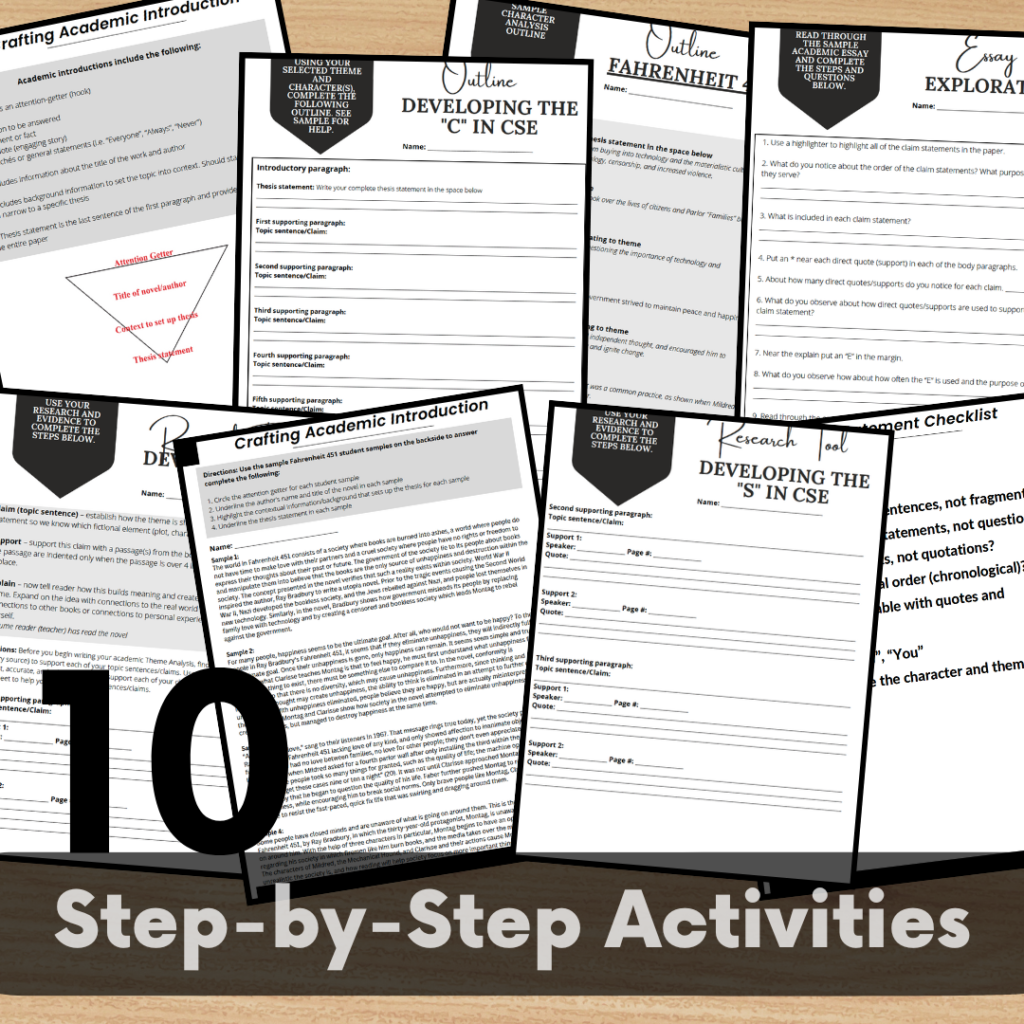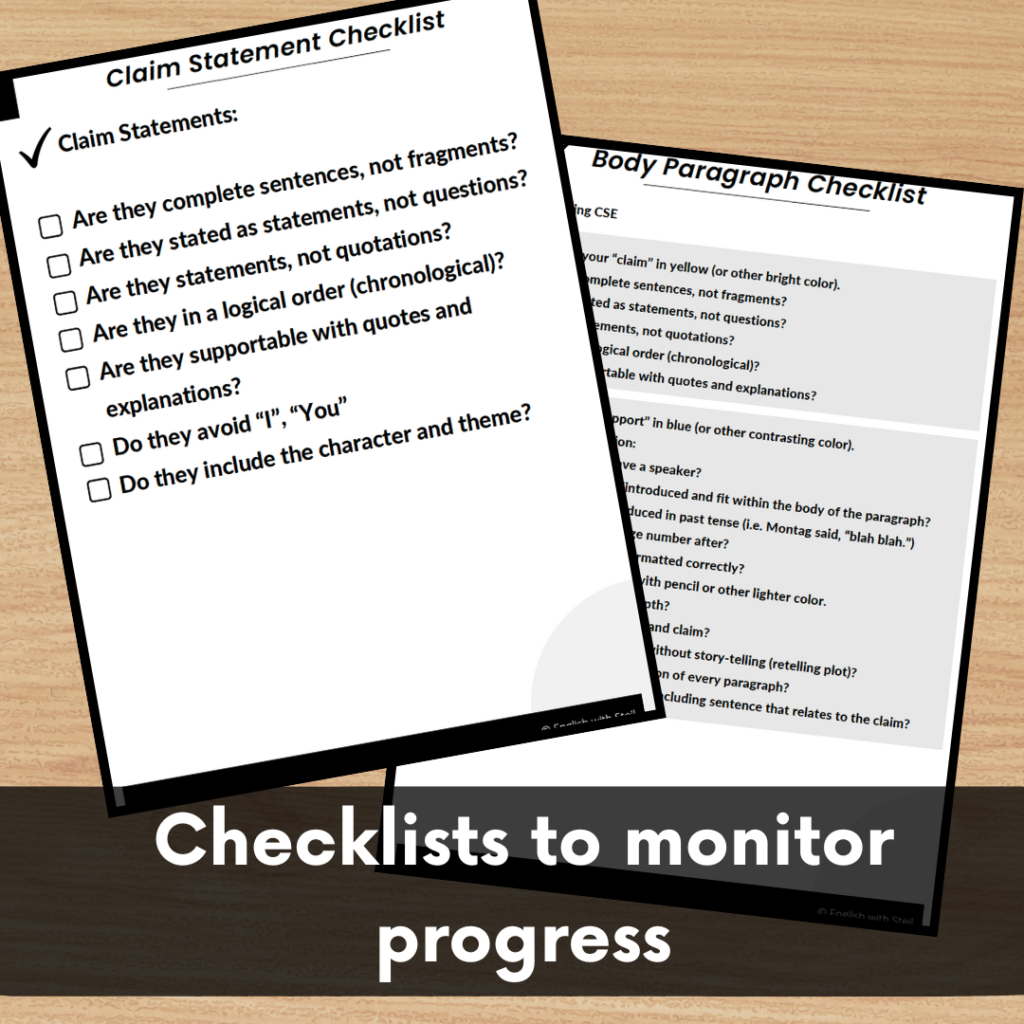
What is a Thematic Essay?
Before diving into the tips, it’s crucial to understand what a thematic essay is. It’s an essay in which you’re expected to develop a central theme or idea, typically provided as a prompt or a question. Rather than just stating facts, a thematic essay pushes the writer to express their opinions on a topic, supported by credible facts and evidence.
Mastering the Academic Thematic Essay: 5 Essential Tips
Thematic essays are a cornerstone of academic writing, especially in humanities and social sciences. They require students to identify a central theme or topic and explore various dimensions related to it. While the task might seem daunting at first, with a structured approach and clarity of thought, penning a compelling thematic essay becomes much simpler. Here are five tried-and-true tips to guide you on this academic journey.
5 Tips to Craft a Stellar Thematic Essay:
1. Start with Theme Identification
Why It’s Important: Understanding the theme is the foundation of a thematic literary analysis essay. Without a clear grasp of the theme, students will struggle to analyze how it is developed throughout the text.
Tip:
- Use Graphic Organizers: Provide students with graphic organizers to help them identify and track themes as they read. These can include charts for noting examples of the theme, characters associated with it, and relevant quotes.
- Class Discussions: Facilitate class discussions on potential themes in the text. Encourage students to share their thoughts and justify their ideas with evidence from the text. This collaborative approach helps students refine their understanding of the theme.
2. Teach Thesis Statement Crafting
Why It’s Important: A strong thesis statement is crucial for a well-structured essay. It should clearly present the theme and the student’s perspective on how the theme is developed in the text.
Tip:
- Thesis Workshops: Conduct thesis statement workshops where students draft, share, and revise their thesis statements with peers. Provide examples of strong and weak thesis statements and explain what makes them effective or ineffective.
- Thesis Templates: Offer templates or sentence starters for thesis statements. For example: “In [Title], [Author] explores the theme of [Theme] through [Character/Plot/Setting], revealing [Student’s Insight].”
3. Analyze Literary Devices
Why It’s Important: Literary devices are the tools authors use to develop themes. Students need to understand how these devices contribute to the theme to write a comprehensive analysis.
Tip:
- Device Detective Activity: Have students become “literary device detectives” by identifying and analyzing various devices in the text (e.g., symbolism, imagery, metaphor). Provide a list of devices and their definitions to guide them.
- Annotating Texts: Encourage students to annotate their texts, marking instances of literary devices and noting how they contribute to the theme. This hands-on approach helps solidify their understanding.
4. Structured Essay Outlines
Why It’s Important: Outlines help students organize their thoughts and ensure their essays have a clear, logical structure.
Tip:
- Provide Outline Templates: Give students an outline template that includes sections for the introduction, body paragraphs, and conclusion. Each body paragraph should focus on a specific point that supports the thesis, using evidence from the text.
- Practice Outlining: Have students practice outlining an essay before writing it. Review their outlines and provide feedback to ensure they are on the right track.
5. Incorporate Peer Review and Revision
Why It’s Important: Peer review and revision are essential steps in the writing process that help students refine their arguments and improve their writing.
Tip:
- Peer Review Sessions: Organize peer review sessions where students exchange essays and provide constructive feedback. Use a checklist or rubric to guide their reviews, focusing on thesis clarity, theme development, and use of evidence.
- Revision Workshops: After peer review, hold revision workshops where students can work on incorporating feedback into their essays. Offer individual or small-group conferences to address specific concerns and provide targeted guidance.
5. Understand the Theme Thoroughly:
- Begin by comprehensively understanding the theme or topic in question. Take your time to dissect the prompt. If it’s a question, what is it asking specifically? If it’s a statement or a single word, what various aspects or interpretations can you derive from it?
- To illustrate, if the theme is “freedom,” consider its various dimensions: political freedom, freedom of speech, personal freedoms, etc.
6. Research, Research, Research:
- Once you have a clear understanding of the theme, delve into research. Use academic databases, journals, books, and reputable online sources.
- Don’t limit yourself to sources that align with your viewpoint. It’s essential to understand counterarguments and opposing viewpoints to strengthen your essay and make it well-rounded.
7. Craft a Strong Thesis Statement:
- Your thesis is the backbone of your essay. It should clearly express your main argument or perspective on the theme.
- For instance, if your theme is “freedom,” your thesis might be something like: “While the concept of freedom is often associated with political rights, it is equally pivotal in personal and psychological contexts, influencing individual identity and societal structures.”
8. Organize Your Thoughts with an Outline:
- Before diving into writing, create an outline. This will serve as your roadmap and ensure that your essay has a logical flow.
- Typically, your essay should have an introduction (with the thesis), body paragraphs (each exploring a facet of your theme), and a conclusion (reinforcing your thesis and tying up loose ends).
10. Use Evidence Effectively:
- Every claim you make should be supported by credible evidence. However, it’s not enough to just state facts or quote sources.
- Interpret the evidence and explain its significance. How does it bolster your argument? If referencing a study or a historical event, don’t just state what happened – delve into its implications for your theme.
Final Thoughts
Teaching thematic literary analysis essays can be a dynamic and engaging process. By breaking it down into manageable steps and providing clear guidance and support, you can help your students develop their analytical skills and produce insightful essays. Remember, the key is to make the process interactive and collaborative, allowing students to explore and discuss their ideas while refining their writing.
Happy teaching and happy analyzing!








